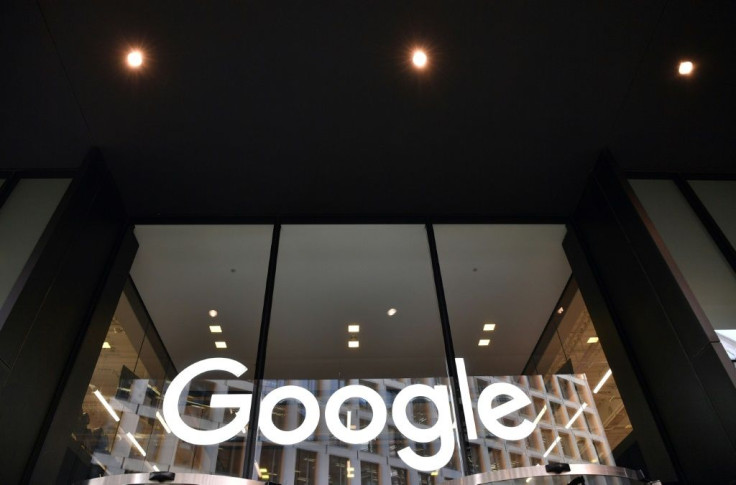Google Cites Differences From Apple, Requests Separation From Case Vs Epic Games

KEY POINTS
- In light of Judge Yvonne Gonzalez Rogers considering relating the cases of Apple and Google vs Epic Games to each other, Google is opposing it
- Google says they use different business models, agreements, and policies to support competing ecosystems
- One of the major differences Google is citing is that Android devices can have multiple app stores installed, which isn't the case for Apple iOS devices
Google is attempting to keep its ongoing legal battle with Epic Games separate from the latter’s own issues with Apple.
Internet giant Google filed a response to judges over various cases, including the person handling Epic Games vs Apple, Judge Yvonne Gonzalez Rogers, who has been considering relating the cases to each other.
Claiming that there are enough differences between itself and Apple that there is "little risk of conflicting results,” Google has opposed Rogers’ plan to relate the cases to each other, notes GamesIndustry.biz.
"Although Android and iOS compete to attract app developers and end-users, Google and Apple use different business models, agreements, and policies to support competing ecosystems," Google argued.
One of the biggest differences that Google is citing is that, while Apple only allows the distribution of apps through its own App Store, Android devices can have multiple app stores installed and users are able to sideload apps via the internet.
When Epic Games introduced direct payment for its V-Bucks currency within “Fortnite,” effectively bypassing the 30% fee on all transactions for app distributed by the App Store and Google Play, Apple and Google then removed “Fortnite” from their respective stores.
This prompted Epic Games to file lawsuits against both Apple and Google. Google’s filing, though, also claims that no Google entity has yet been officially served with a complaint about this case.
Once Google has been served, and initial scheduling has been worked out for legal proceedings, Google plans to challenge Epic Games’ company "in large part based on circumstances unique to Android."
Meanwhile, Epic Games has filed another preliminary injunction against Apple in an effort to get “Fortnite” reinstated on the iOS app store, while still pursuing its antitrust case against the company.
Previously, Epic Games was awarded a partial injunction that prevented Apple from blocking Unreal Engine on iOS (which would have affected other developers that use it). However, “Fortnite” was still banned.
Google has also pointed out that the case between Epic Games and Apple is being handled on an expedited schedule -- something the judge queried when awarding the partial injunction, observing: "It is not clear why now became so urgent."
Subsequent data from Sensor Tower has revealed that the ban on “Fortnite” from the App Store has had more of an impact on Epic Games than its own ban from Google Play.
In the 30 days before the lawsuits were filed, App Store players spent $43.4 million on Fortnite, while the Google Play audience spent just $3.3 million.
© Copyright IBTimes 2025. All rights reserved.





















